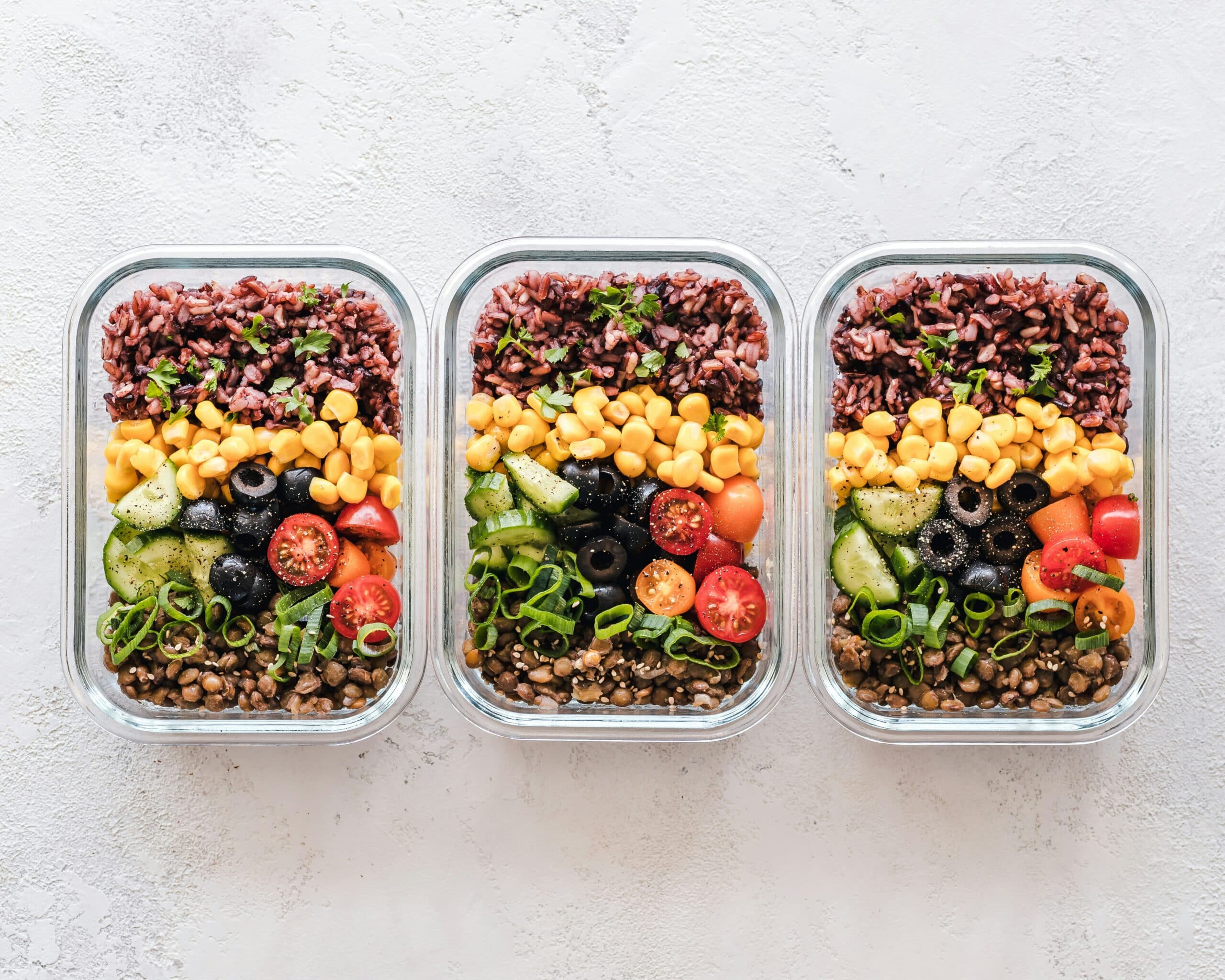
September 19, 2025
What is the Paleo Diet and How Could It Benefit You?
In the world of nutrition, diets come and go, but some are inspired by the foundations of human history itself. One of the most popular examples is the Paleo Diet. If you’ve heard of it but aren’t quite sure what it involves, you’re not alone. So, what is the Paleo diet, and how could it benefit you? Let’s break it down.
What is the Paleo Diet?
The Paleo Diet, short for Paleolithic Diet, is based on the eating patterns of our hunter-gatherer ancestors. The philosophy behind it is simple: return to whole, unprocessed foods that early humans thrived on, and avoid modern, highly processed items that often contribute to chronic health problems.
At its core, the Paleo diet emphasizes foods that could have been hunted or gathered, such as:
-
Lean meats and fish
-
Fresh fruits and vegetables
-
Nuts and seeds
-
Healthy fats (like olive oil, coconut oil, or avocado)
Foods typically excluded from the Paleo diet include:
-
Processed foods and refined sugars
-
Grains (wheat, rice, corn, etc.)
-
Legumes (beans, lentils, peanuts)
-
Dairy products
-
Artificial additives and preservatives
The Main Principles of the Paleo Diet
-
Whole Foods First – Focus on fresh, natural ingredients with minimal processing.
-
Protein-Rich Meals – Lean meats and fish are at the center of most Paleo meals.
-
Healthy Fats – Avocados, nuts, and oils replace processed fats and trans fats.
-
Low in Added Sugars – The diet naturally eliminates sodas, sweets, and packaged snacks.
-
Nutrient Density – Prioritizes foods rich in vitamins, minerals, and antioxidants.
How Could the Paleo Diet Benefit You?
Many people adopt the Paleo lifestyle not just for weight loss, but for overall health improvements. Some of the key benefits include:
1. Supports Weight Management
By eliminating processed foods and refined sugars, the Paleo diet can reduce calorie spikes and help promote fat loss while preserving lean muscle.
2. Improves Blood Sugar Control
Without processed carbohydrates and added sugars, many people experience more stable blood sugar levels and fewer energy crashes.
3. Reduces Inflammation
The focus on anti-inflammatory foods like vegetables, berries, and omega-3-rich fish may reduce inflammation linked to chronic diseases.
4. Boosts Nutrient Intake
Whole foods like leafy greens, fresh fruits, and grass-fed meats provide higher levels of vitamins and minerals than processed alternatives.
5. Encourages Mindful Eating
By focusing on simple, nutrient-dense meals, Paleo followers often become more intentional with food choices, improving long-term habits.
Common Criticisms of the Paleo Diet
Like any eating plan, the Paleo diet isn’t without debate. Critics argue that it may cut out beneficial food groups like whole grains and legumes, which provide fiber and essential nutrients. Others point out that the diet can be expensive if heavily reliant on organic meats and produce.
The takeaway: The Paleo diet works best when adapted to your needs, ensuring you still get balanced nutrition.
Is the Paleo Diet Right for You?
If you’re considering Paleo, ask yourself:
-
Do you want to reduce processed foods and added sugar?
-
Are you looking for a diet that emphasizes whole, nutrient-rich foods?
-
Can you commit to preparing meals rather than relying on packaged convenience foods?
If the answer is yes, the Paleo diet could be a helpful framework for building healthier habits.
Final Thoughts
So, what is the Paleo diet? In short, it’s a return to eating like our ancestors, focusing on whole foods, lean proteins, vegetables, fruits, and healthy fats while avoiding processed items. For many people, this approach can lead to improved weight management, better blood sugar control, reduced inflammation, and overall enhanced health.
Recent Posts

Aisle Insights: Grocery Strategy + Meal Planning + Coaching
January 16, 2026

Is Nutrition Coaching Worth It? Benefits of Working With a Coach
January 16, 2026

10 Grocery Shopping Habits That Make Your Diet Healthier
December 17, 2025

How Balanced Nutrition Affects Mental Health
December 16, 2025

Nutrition Coaching vs. Diet Plans for Sustainable Results?
November 5, 2025

Seasonal Grocery Shopping: Eating in Season Boosts Nutrition
October 30, 2025
